
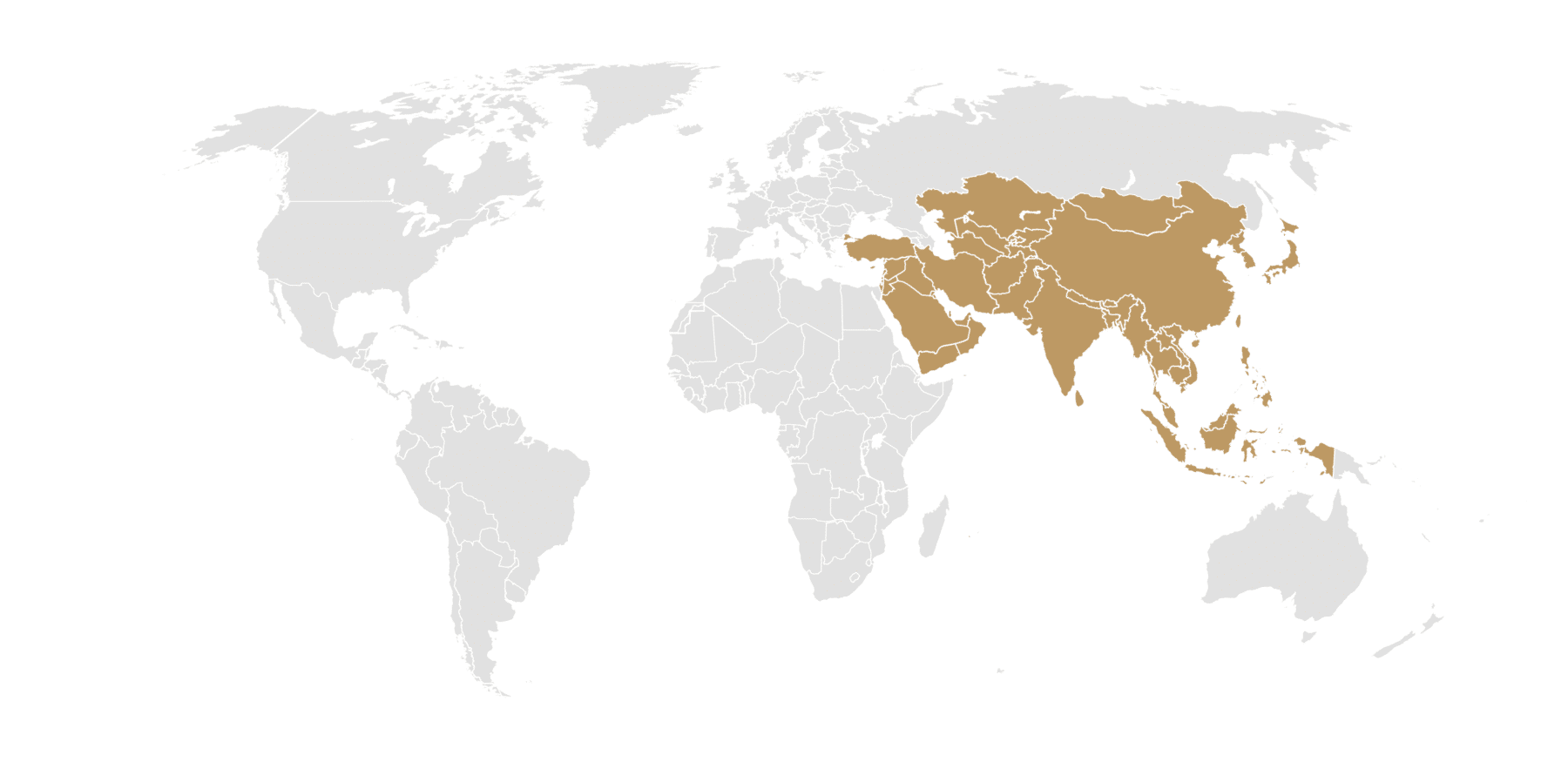
Asia
The UN-defined Asia region is the second largest regional group. Its territory is composed of much of the continent of Asia and the Middle East with few exceptions.
Explore all Articles
filter by–Topic
filter by–Country
search by–Keyword

Why “Two-State” is Not a Solution for the Korean Peninsula
12.5.25
Both Koreas have shared the goal of reunification despite decades of ups and downs in inter-Korean relations. This long-held goal is now in grave peril.
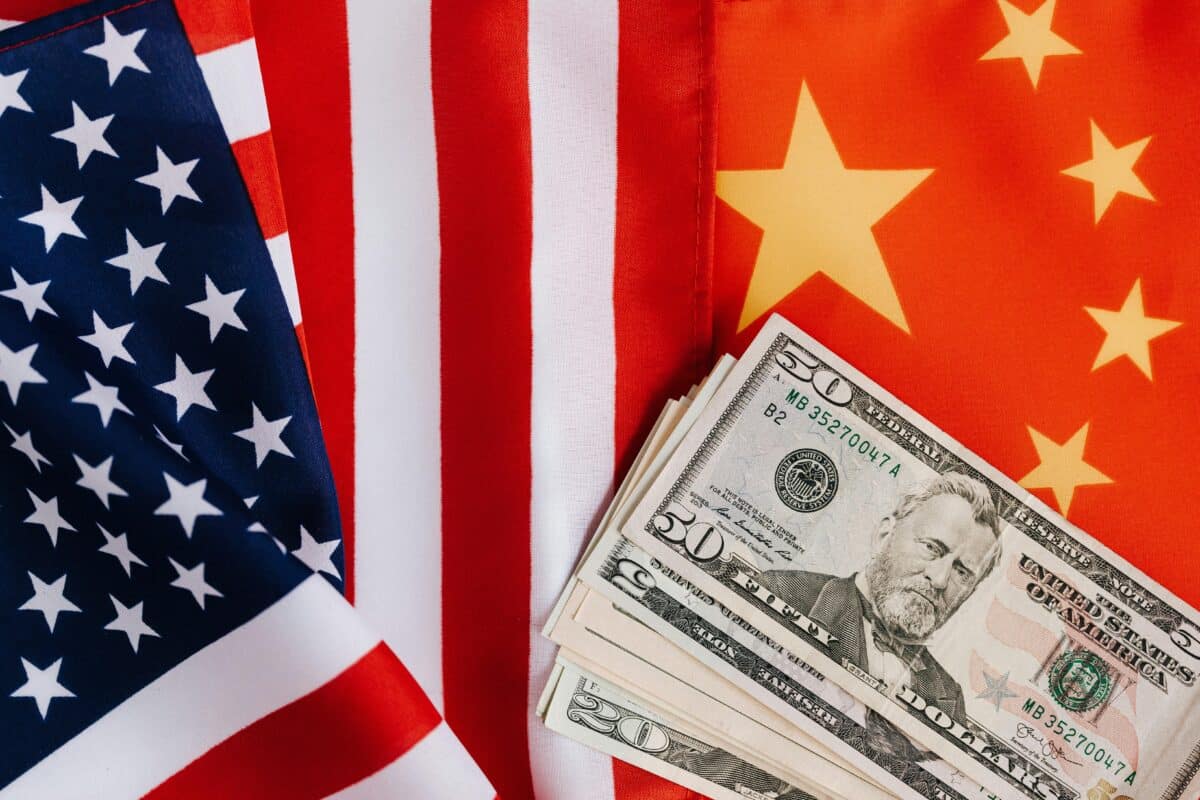
The Next Phase of the U.S.-China Cold War Is About Power, Not Ideology
12.4.25
The U.S. once believed it could liberalize China — the opposite may have happened.
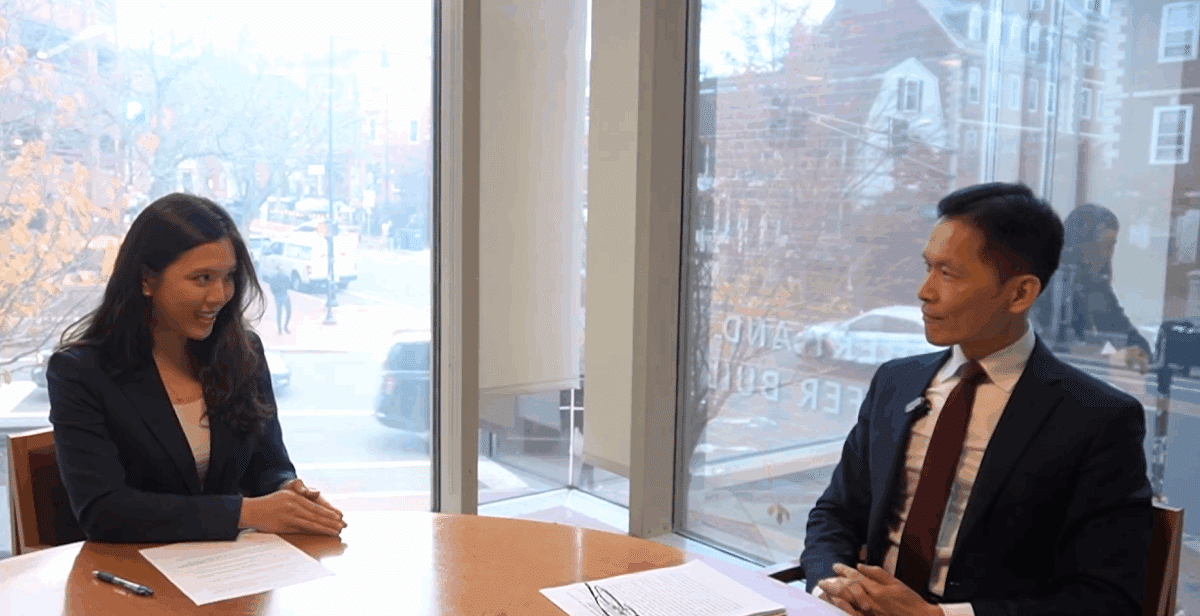
Why a Resilient Taiwan Benefits Everyone: An Interview with Taiwanese Diplomat Charles Liao
12.3.25
Read and listen to an interview between HKS SPR and Taiwanese Diplomat Charles Liao, Director-General of the Taipei Economic and Cultural Office (TECO) of Boston.

US-China Tech Decoupling: A Shift Towards a More Paranoid World
05.27.25
“The impact of this digital isolation has been amplified in recent years by Beijing’s efforts to tightly interlink data security with national security, as well as reduced people-to-people and business exchanges from the COVID-19 pandemic and geopolitical tensions. In the U.S., growing suspicion of China has led to increasingly aggressive efforts to excise Chinese technology and capital from its supply chain. People from the two countries are farther apart than ever.”
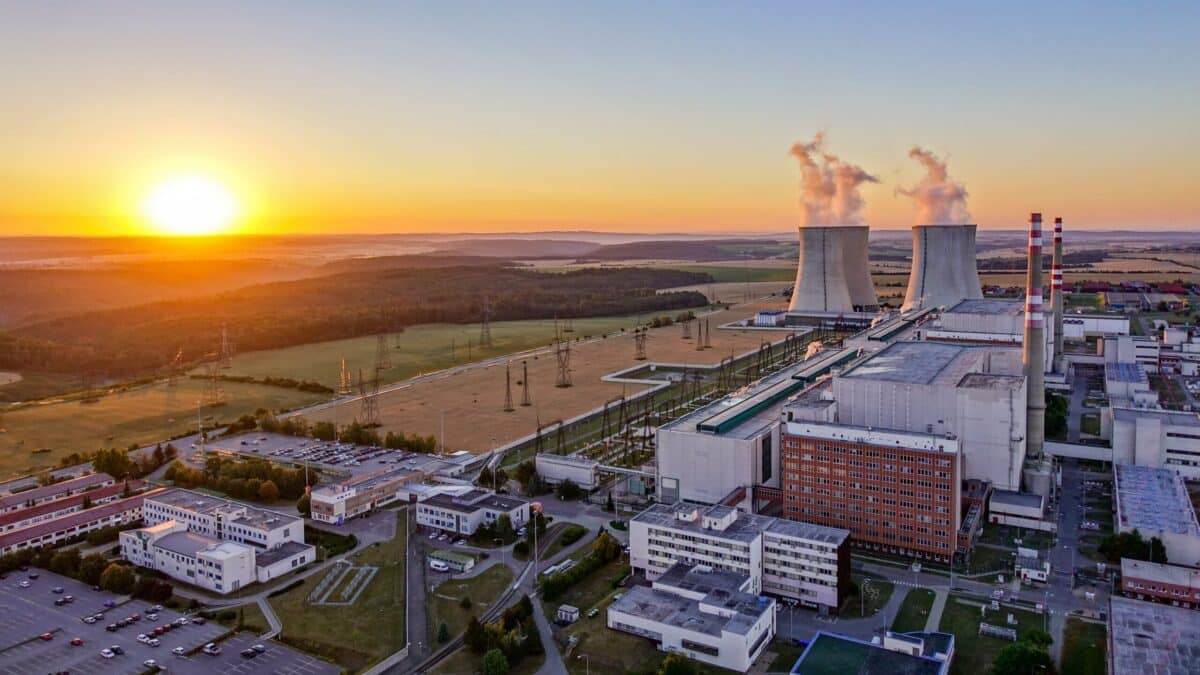
Kazakhstan’s Nuclear Ambitions: A Path to Sovereignty or Dependency?
05.13.25
“Kazakh President Kassym-Jomart Tokayev, a key supporter of this initiative, sees nuclear energy as a pathway to securing Kazakhstan’s long-term stability and energy independence. Yet a critical question remains: Will this decision bolster the country’s energy sovereignty or will it expose it to new vulnerabilities?”
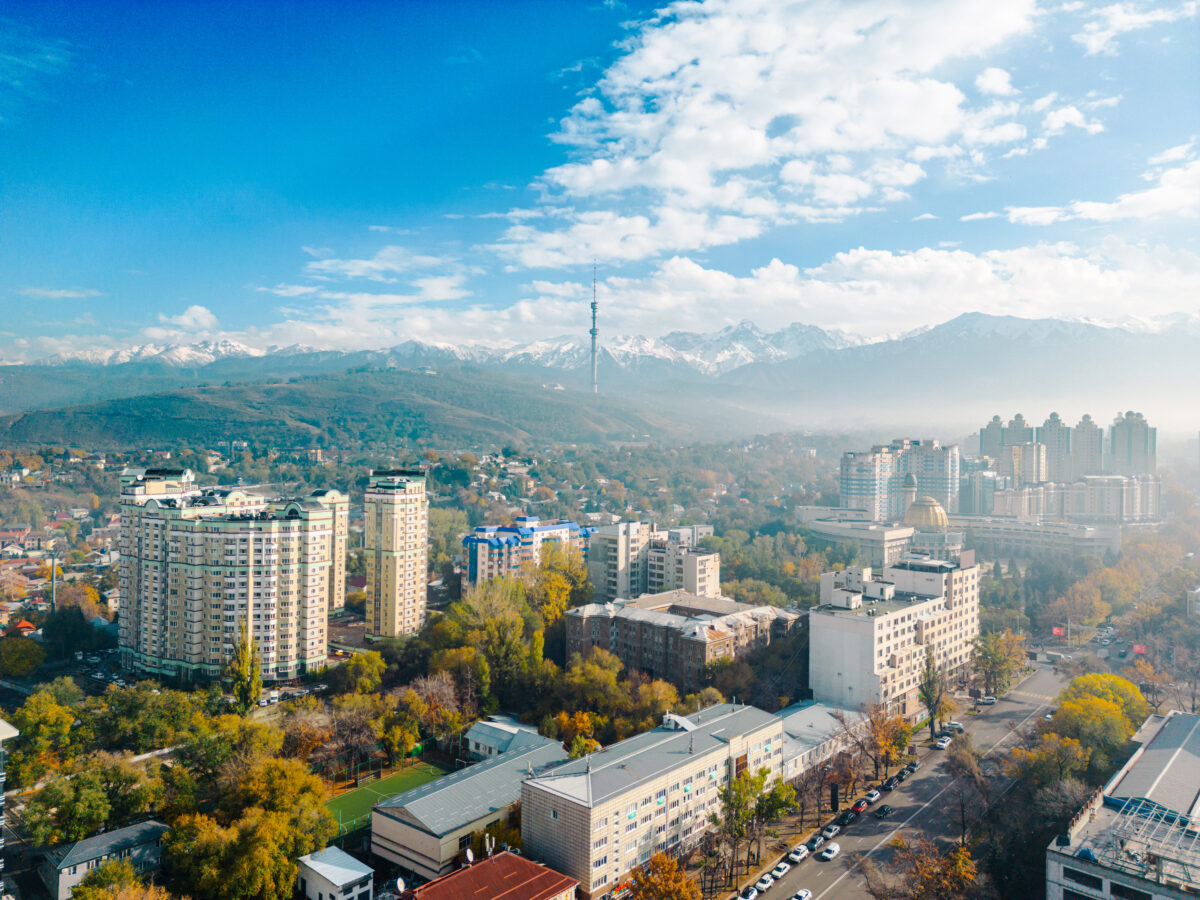
Kazakhstan & Central Asia: Brain Drain or Brain Gain?
05.1.25
“This ongoing “brain-drain” in Kazakhstan, which has led to an exodus of roughly 366,000 people in the last ten years, is a worrisome phenomenon and threat to our country’s future. How did we arrive at a point where we are losing the most valuable resource – our human capital? What can be done to reverse the trend and create a long-term “brain-gain” instead?”

On the Anniversary of the Fall of Saigon, Beware of the Desire to Save Face at All Costs
04.30.25
Fifty years ago today, Saigon fell to the North Vietnamese, officially rendering the United States’ decades-long misadventure in Vietnam a failure.[i] The troubling reality of wartime decision-making is that it was not based primarily on whether the United States could feasibly win, or even whether Vietnam was strategically important. Rather, policymakers in Washington escalated the […]
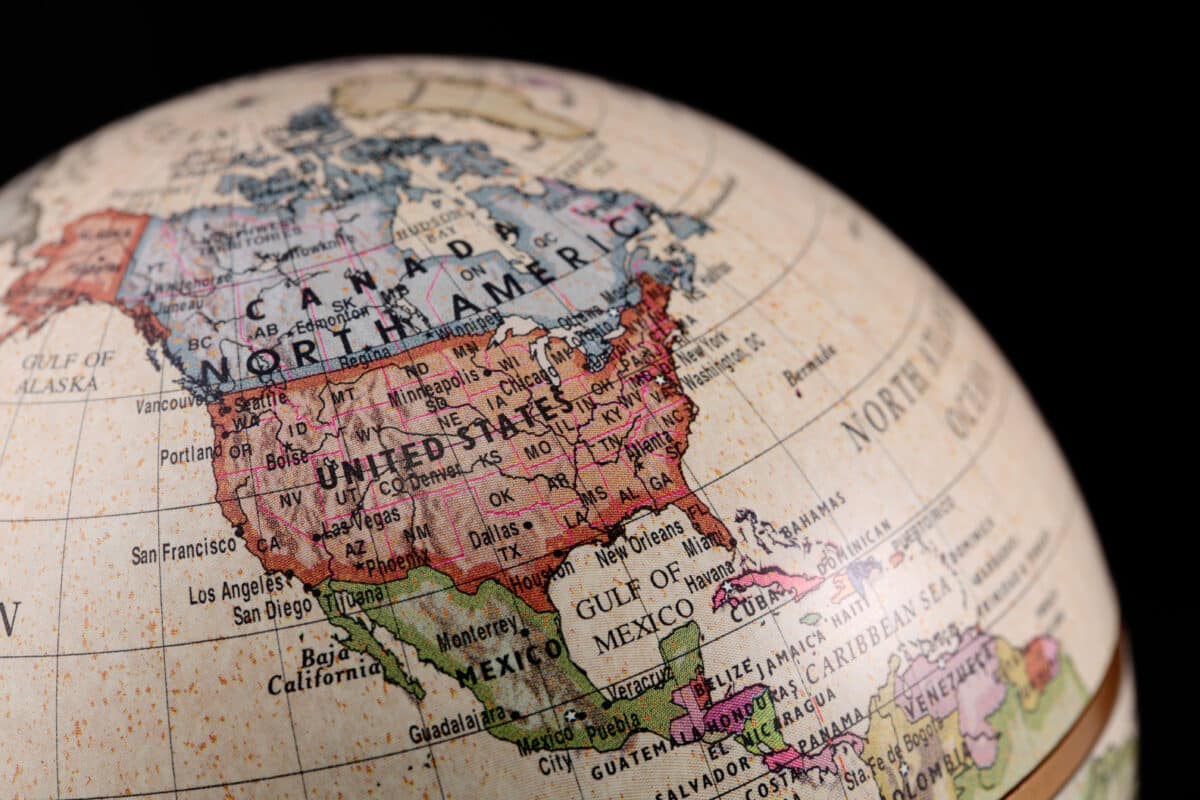
Coping with America First: Lessons from History
04.30.25
Since President Trump returned to the Oval Office in January 2025, the relationship between the United States and Europe has been in free fall.
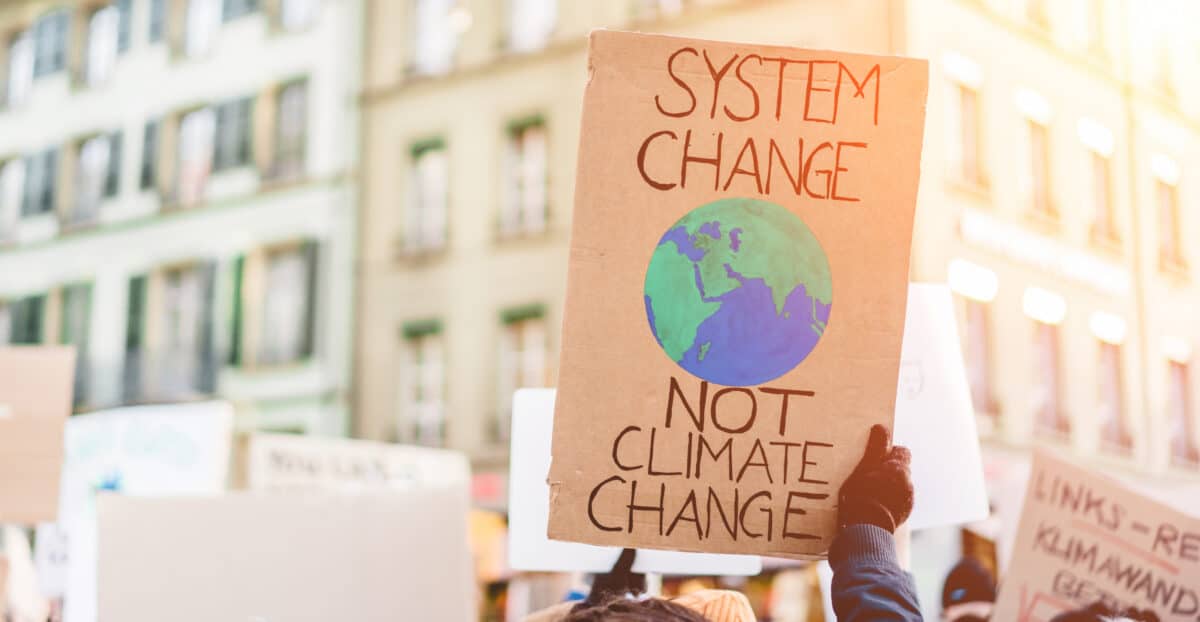
Why Are We Not Talking About Climate Change’s Role in Escalating Gender-Based Violence?
04.22.25
“The world today has no shortage of climate shocks, and its impacts continue to be dangerously and disproportionately felt by marginalized groups, perpetuating an enduring cycle of violence.”
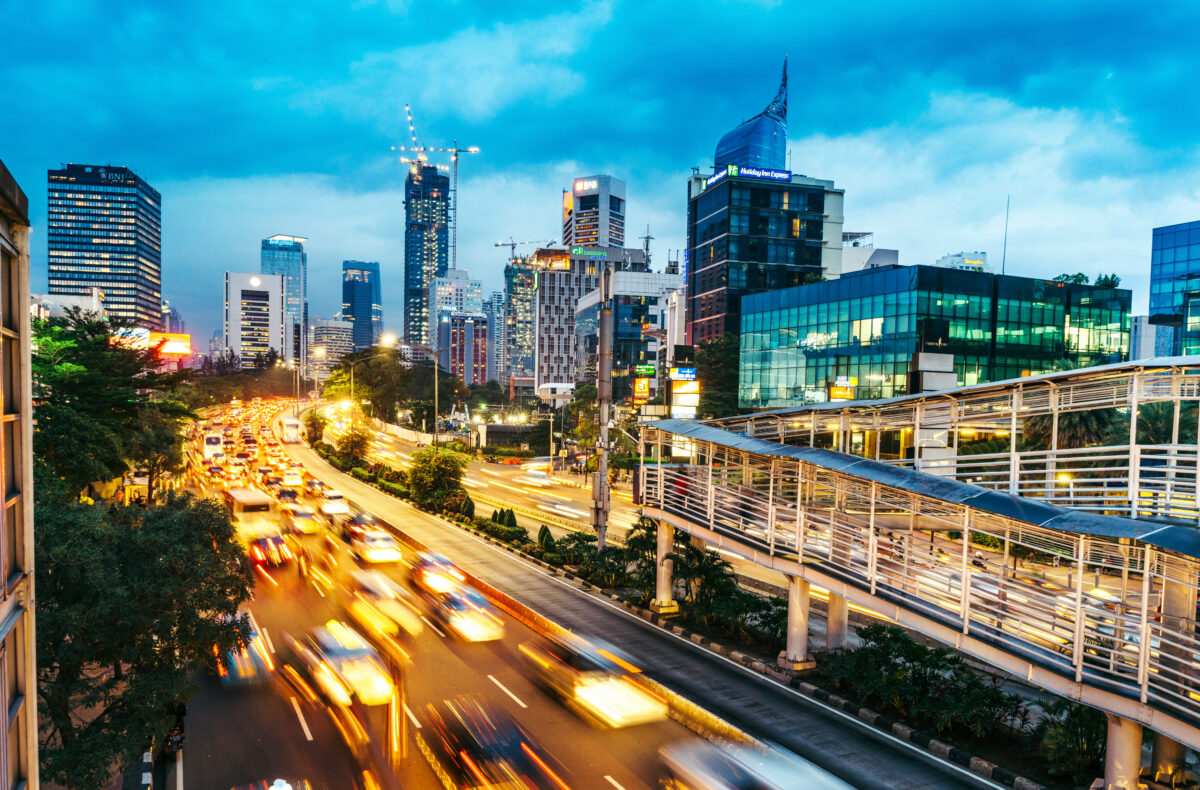
Obvious but Untenable: Fuel Quality Reforms for Jakarta’s Air Pollution Crisis
03.31.25
“While the magnitude of Jakarta’s air pollution problem is well established, its sources are hard to measure, muddying the task of prioritizing interventions to target root causes.”
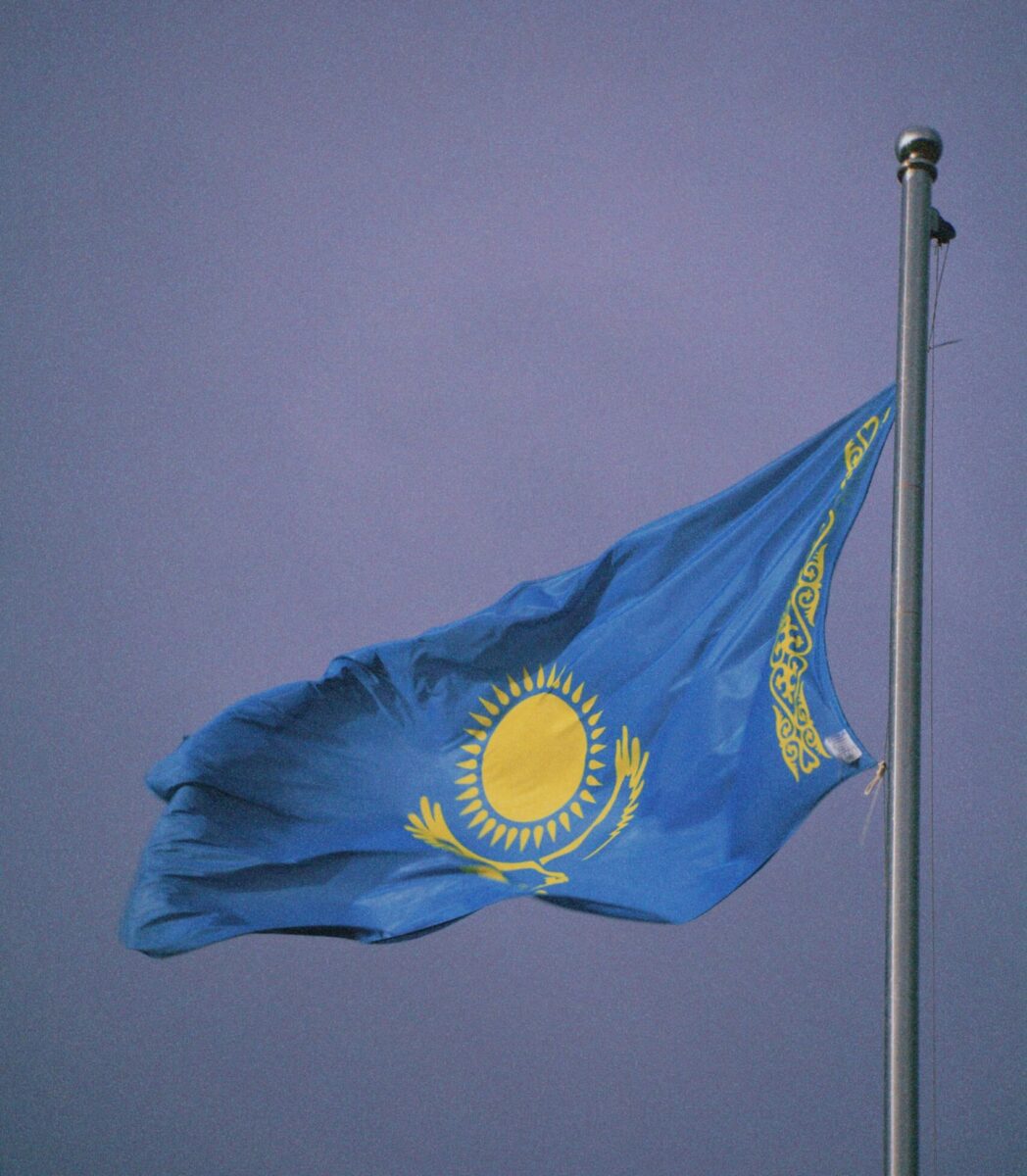
Kazakhstan’s ‘Oreo’ Model: A Unique Path Between Giants
03.10.25
In the turbulent theater of global geopolitics, Kazakhstan – sandwiched between two major regional powers, Russia and China – occupies a unique yet precarious position.

With Trump’s Return to Power, Taiwanese President Lai Has a Clear Way Forward
02.2.25
“With President Trump in the Oval Office, Taiwan must justify continued American support by implementing large-scale and painstaking military reforms to show how seriously it takes its own defense,” writes Naveen Krishnan (HKS MPP 2026). “Large-scale reforms will align with Trump’s focus on allies becoming more self-reliant and deserving of US sacrifice.”